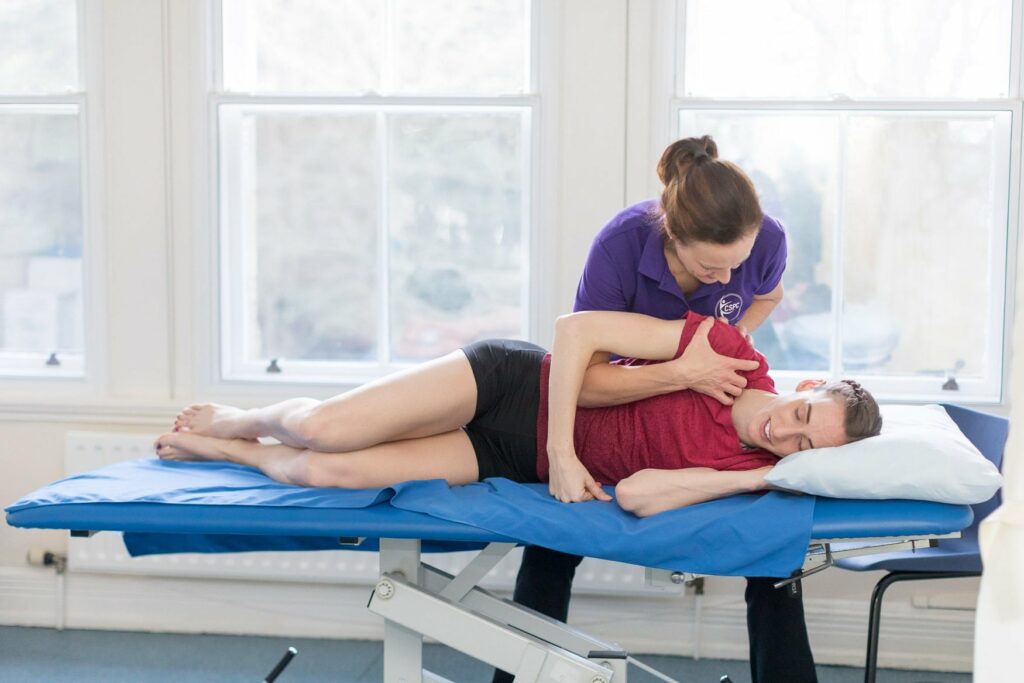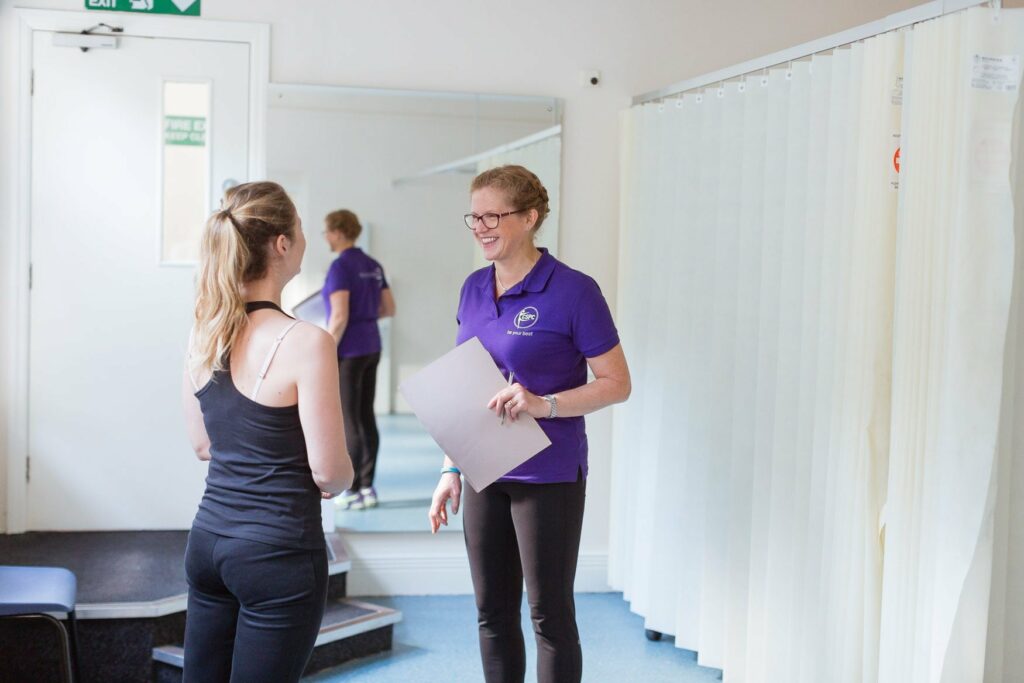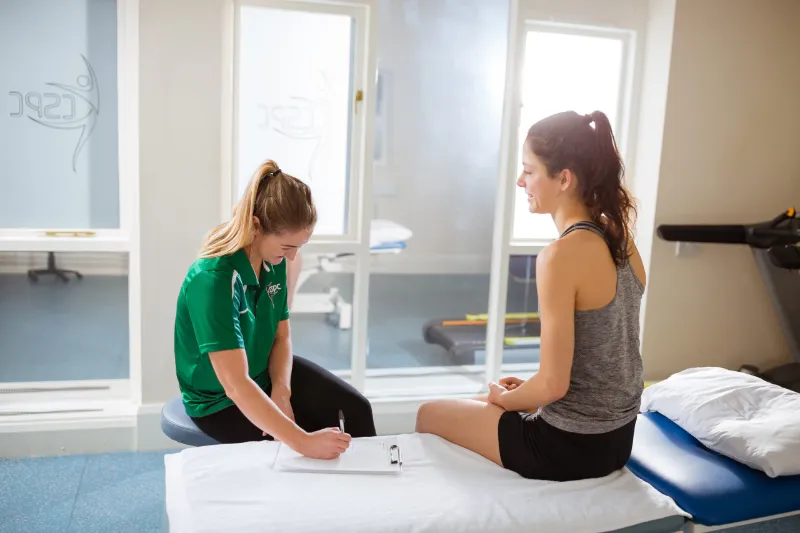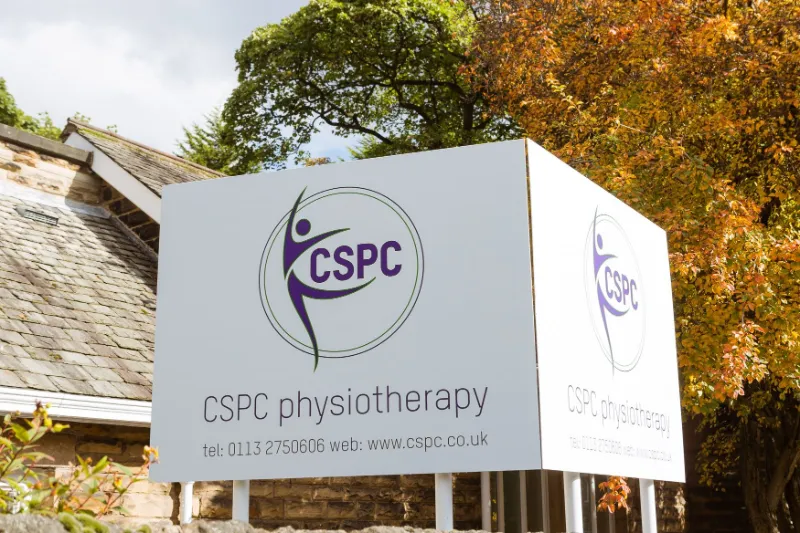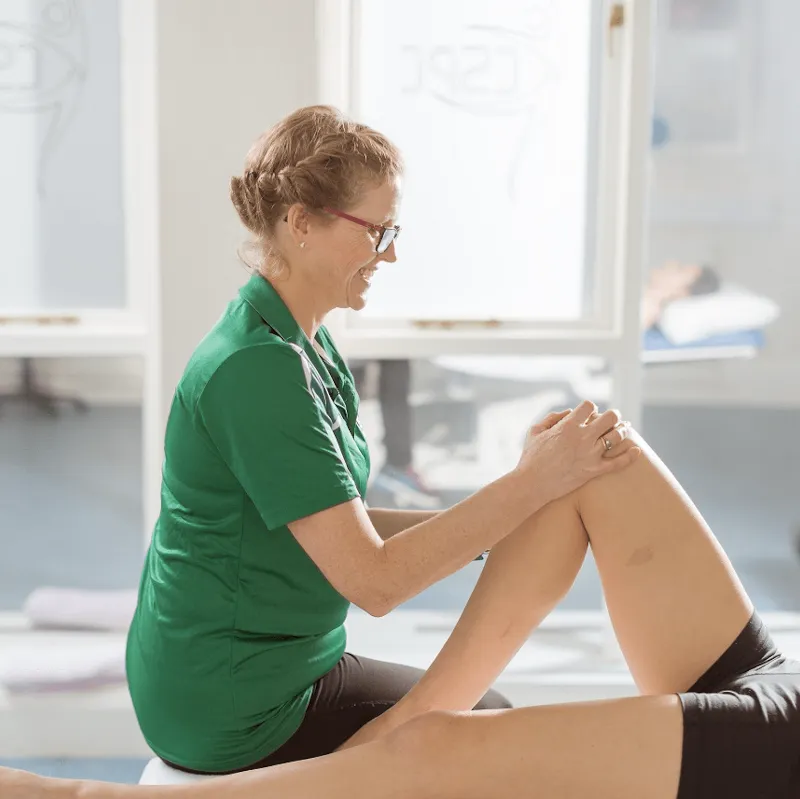Benefits of exercise in pregnancy
Pregnancy is a time of great change in a woman’s body. Exercise has an ever-increasing role in our health and wellbeing, whether pregnant or not and comprehensive research has been done on the effects of exercise during pregnancy.
It has been shown that in most cases, exercise is safe and beneficial for both mother and the growing baby, and it is recommended that pregnant women start or continue exercising to gain the associated health benefits during their pregnancy.
Exercise during pregnancy should be done with medical guidance, but is safe assuming there are no medical risks and that there is no sudden increase in exercise levels.
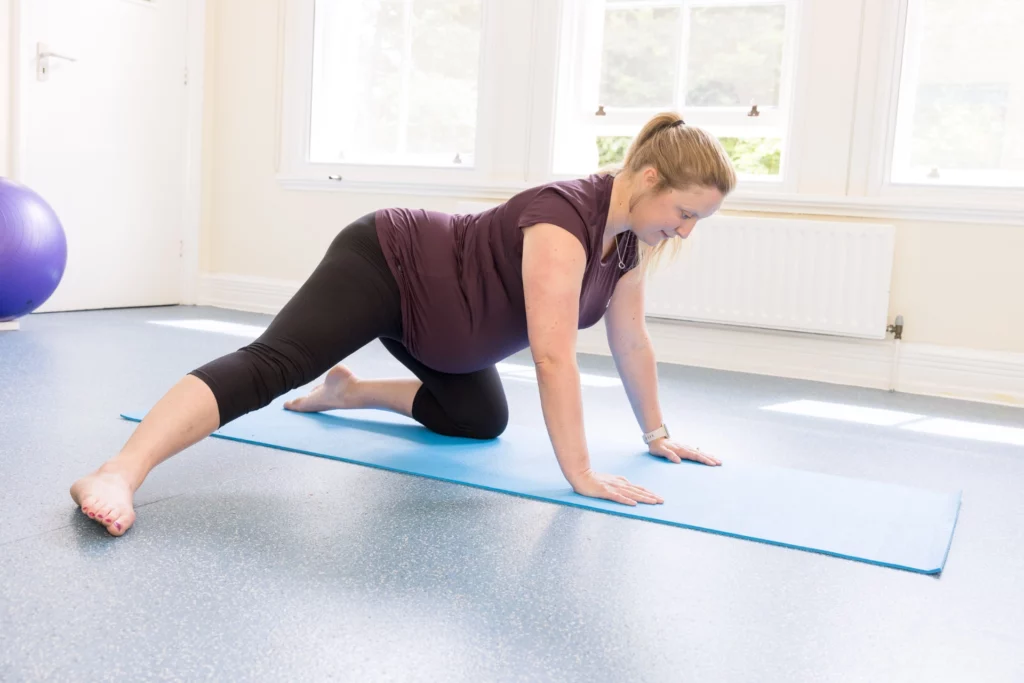
Benefits of exercising during pregnancy
For normal pregnancies, regular weight-bearing exercise has been shown to improve the fitness of both mother and baby. It can reduce excessive weight gain without affecting the growth of the baby, protect against coronary heart disease, osteoporosis, and high blood pressure. It can also improve bone density.
Conversely, being sedentary during pregnancy can result in reduced cardiovascular and muscular fitness, excessive weight gain, and increased risks of gestational diabetes mellitus, pre-eclampsia, and varicose veins.
Fatigue, constipation, varicose veins, and swollen feet and ankles are reduced in women who exercise. They have also been shown to experience less stress, anxiety and depression, and have better sleep patterns.
Research also suggests that the babies of exercising women may tolerate labour better than those of non-exercising women. It also suggests that foetal stress during labour is less in women who continue to exercise at 50% of the levels they were before pregnancy, than it is in those who exercised before pregnancy and then discontinued within the first three months of the pregnancy.
Muscle strength
Muscle strength is important to protect joints whether pregnant or not, and this is doubly important in pregnant women where joints will have increased laxity and there is an altered centre of gravity and posture. One study has shown that weight gain in pregnancy may increase hip and knee joint forces by up to 100% in weight-bearing exercise, so it is important to stay strong to protect your musculoskeletal system.
Precautions for exercising
Both exercise and pregnancy raise the metabolic rate, so it is important to keep the body temperature from rising excessively (hyperthermia). Try to stay cool, for example by exercising with fewer or looser clothes, exercising in a cool environment or using fans etc. Pregnant women do perspire more readily, which helps with temperature control. Drink plenty of water to remain hydrated. Pregnant women are more likely to become hypoglycaemic, so adequate calories should be eaten before and after exercise.
Avoid exercising supine (lying on your back) after 24-28 weeks. The pressure of the baby can compress the vena cava and reduce blood flow in the mother, resulting in feeling faint, associated with lower maternal cardiac output in this position and symptomatic hypotension.
Me time!
Exercise is a great way to do something for yourself, a way to switch off and it can be very relaxing to do. It can also be a great way to do something “normal” at a time when there are lots of changes to your body.

Weight gain
Normal weight gain for a woman through a pregnancy is approximately 10-15 kg, and should largely be around the abdomen and pelvis. Excessive weight gain, in addition to normal “baby weight gain” during pregnancy can be a big problem for many women, and exercise, along with a healthy diet can help to minimise this.
Positive effects on sleep and anxiety
Aerobic exercise may also help to reduce the onset and severity of postnatal depression. A study by Pritchett et al in 2017 looked at 13 trials comparing aerobic exercise with other interventions such as medication, cognitive behavioural therapy (CBT) and self-help books, either on its own or alongside the other interventions. The study showed that the positive impact of aerobic exercise on postnatal depression was significant. From this, the authors have suggested that aerobic exercise should be taken into consideration to both treat and reduce the risk of postnatal depression. Exercise therefore can provide a drug free addition to the treatment and prevention of postnatal depression, as well as providing the mother with the other numerous benefits of exercise.
In addition to the positive effects of keeping active on postnatal depression, women who exercise during pregnancy have also been shown to experience less stress, anxiety, and have better sleep patterns.
GET IN TOUCH
If you have any questions, are ready to book an appointment or are planning your trip to see us then you’ll find all the information you need below.
See why patients
love CSPC Physiotherapy

